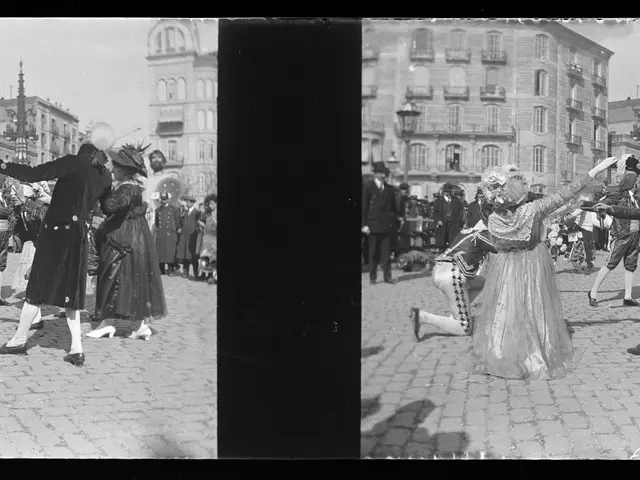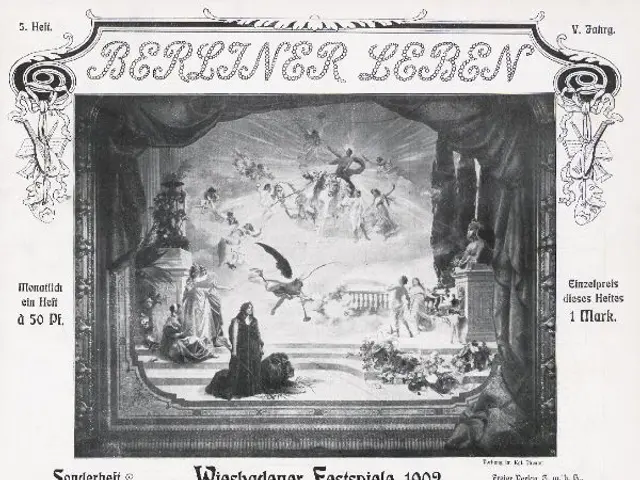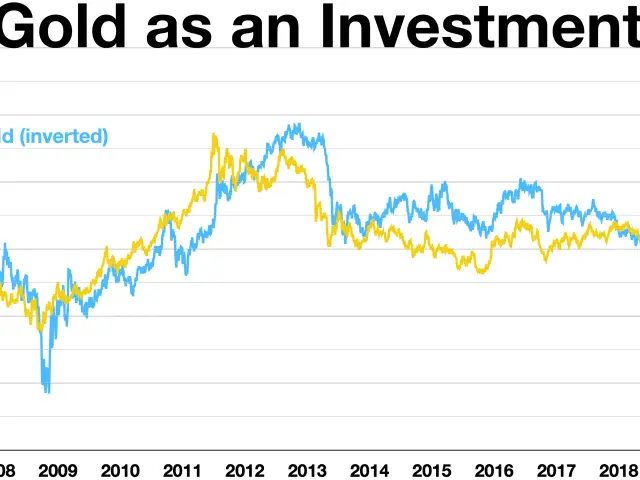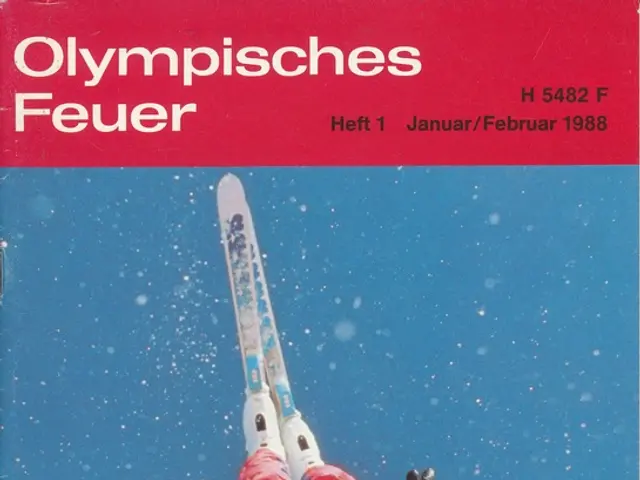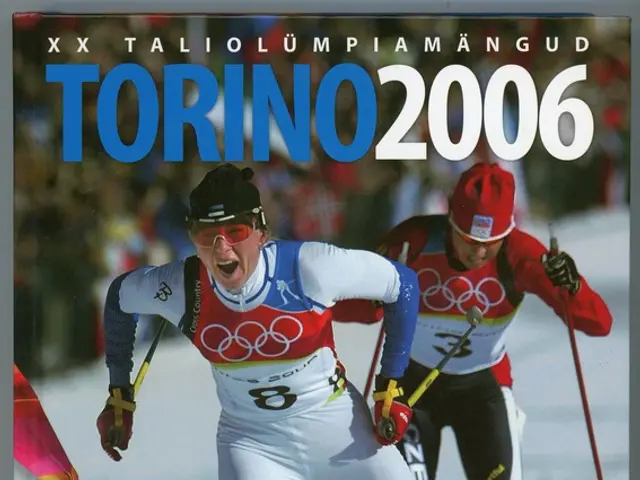Actor from Nadav Lapid's film 'Yes' has been held for a provocative poem, hailing from Israel.
In a dramatic turn of events, the Israeli film industry found itself in the spotlight for reasons beyond artistic merit. Ariel Bronz, the star of the critically acclaimed film "Yes," was detained by police for questioning on suspicion of incitement to commit an act of terrorism.
The arrest occurred just a few hours after "Yes" won several technical awards at the Ophir Awards, Israel's equivalent to the Oscars. The timing of the detainment has raised eyebrows, particularly given that Bronz's arrest was linked to a provocative poem he posted on Facebook two months prior.
The poem, which revolved around a cycle of bloodshed and called out Israel's prime minister, has sparked controversy and debate. If Bronz sent the poem to someone, he would have to pay 10,000 shekels.
The Ophir Awards, however, continued to serve as a platform for voices advocating for peace. Several winners wore black t-shirts with anti-war messages or pictures of hostages, and several urged the Israeli government to end the war in Gaza during their speeches.
The film "The Sea," a story about a Palestinian boy from the West Bank, won best film at the Ophir Awards. The victory of "The Sea" has been seen as a symbol of unity and a call for peace in a region fraught with conflict.
Yet, the Ophir Awards have not been without controversy. Culture minister Miki Zohar, who has criticised the awards for serving as a platform for "extremist and delusional voices" that harm Israeli society, announced the launch of the "Israeli State Oscar Ceremony" as a government-backed alternative.
The Israeli prosecution's predominant focus on arresting individuals suspected of facilitating terrorism has not explicitly been linked to the awarding of the film "The Sea" at the Ophir Awards.
Meanwhile, Ariel Bronz, who believes the film world is one of the only places where Israelis and Palestinians have been peacefully working together, awaits his day in court. He was released by police after posting bail and will have to stand before a judge on suspicion of incitement tied to his poem.
The petition signed by nearly 4,000 entertainment industry names, including Hollywood stars like Emma Stone and Joaquin Phoenix, calling for a boycott of Israeli film institutions "complicit in war crimes" in Gaza, adds another layer of complexity to the ongoing debate.
As the situation unfolds, the film industry and the nation remain divided, reflecting the broader political and social tensions in Israel and the occupied territories.
Read also:
- Late-night host Lawrence O'Donnell responds to Jimmy Kimmel's departure with a discussion on a subject "Donald Trump doesn't wish us to examine"
- EU Member States cast their decisions
- Eighteen-Year-Old Speaks Out Against Lowering Voting Age to Sixteen
- King Charles's body language analyst dissects signs of apparent 'impatience' exhibited by Charles towards Trump

